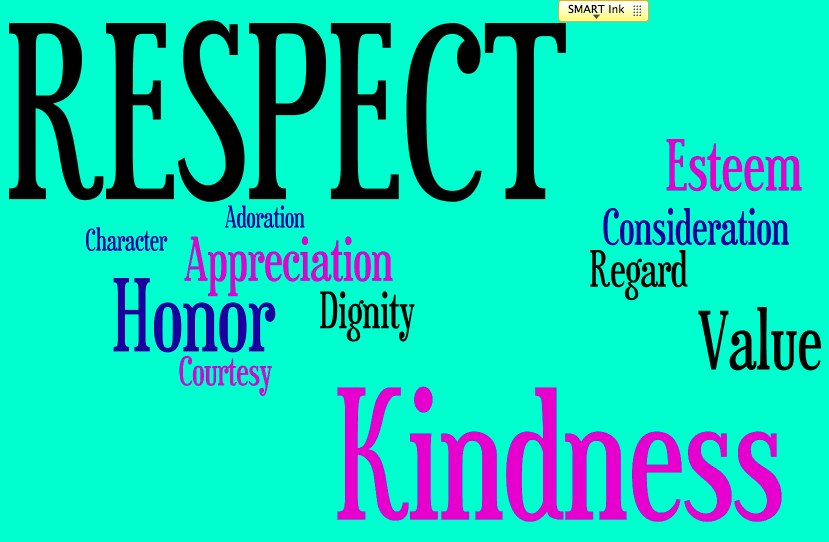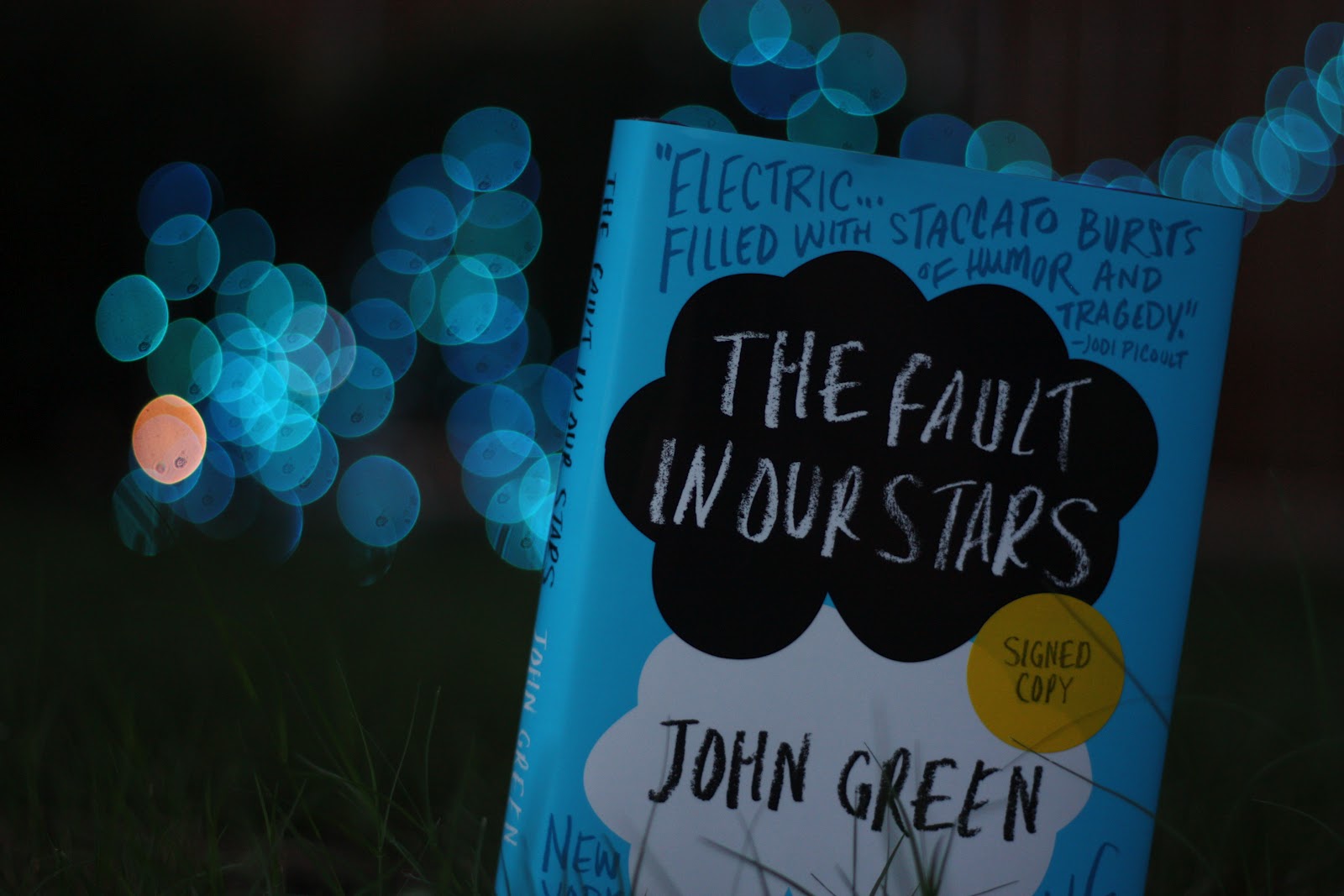There are very few guarantees in the world. One of the rare ones is that if, from a perspective of basically true belief, you try to do good or try to do evil, you're guaranteed to succeed. Let me make it clear what this means.
The single condition for this guarantee is that you have mostly, and at least roughly, true beliefs about what's good, and what's evil. You don't have to be a master of ethical insight, but have generally accurate and non delusional views of what's right and wrong, at a simple and basic level. Then, the guarantee kicks in. If you're trying to do good for the world, beyond your own narrow interests, in your pursuit of a goal or in your treatment of another person, then, whether you succeed in accomplishing exactly what you're attempting or not, your effort to do good is itself a form of good. In even trying to do good, you've brought a dose of good into the world.
Likewise, and conversely, if you're trying to do evil in the world, of any kind, in your pursuit of a goal or in your treatment of another person, then, whether you succeed in accomplishing exactly what you're attempting or not, your effort itself is a form of evil. It is evil to try to accomplish evil.
To sum up, armed with a basically correct grasp of good and evil, then you get a rare guarantee. When you try to do good, you actually do good. When you try to do evil, you really do evil. And this is true regardless of circumstances. Because of that truth, something important follows.
There's aren't many such guarantees in life. When you try to make a lot of money, there's no guarantee that you'll succeed financially. If you try to get famous, there's also no guarantee that your intent will be realized in any form. Likewise for the pursuit of power, or status, or any other external thing distinct from good or evil.
So, therefore what should we make of this realization? Our conclusion is crucially important, and potentially even life changing.
Consider this. One way not to waste your time and energy in this life is to seek first and foremost a goal that's guaranteed. That leaves two options. Whatever we do, we should either seek to do good, or to do evil. But seeking evil, as Socrates long ago pointed out, is in itself wrong and, in addition, will just make your world a worse place for you. We should not seek evil. Therefore, the opposite conclusion follows quickly: We should always intentionally seek to do good, whatever the particulars might be.
This conclusion then comes with a cosmic promise. Your effort to make a positive addition to the world will itself be one. And then, everything else is gravy. Or icing on the cake - depending on whether you prefer the savory or the sweet, each of which is available to the seeker of good.
First, seek to know what is good and what isn't. Strip off false beliefs, and escape illusion. Then, the job is clear. Determine, whatever you do, to do good, and good will follow. Even if you're somewhat mistaken in your understanding of what the good requires, a sincere and humble pursuit of the good is more open than any other mindset to correction about what it truly entails. That way, in seeking to do good, you position yourself to both do good and become better. And I have just one question: As a fundamental starting point, what could be better than that?














































